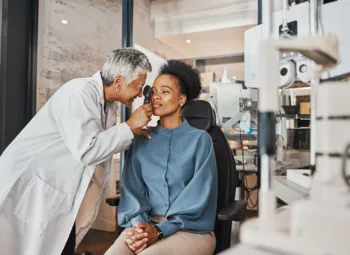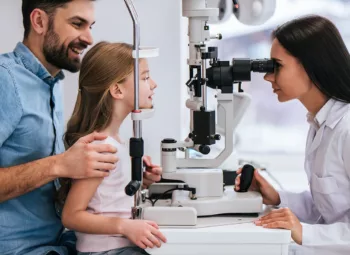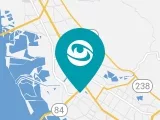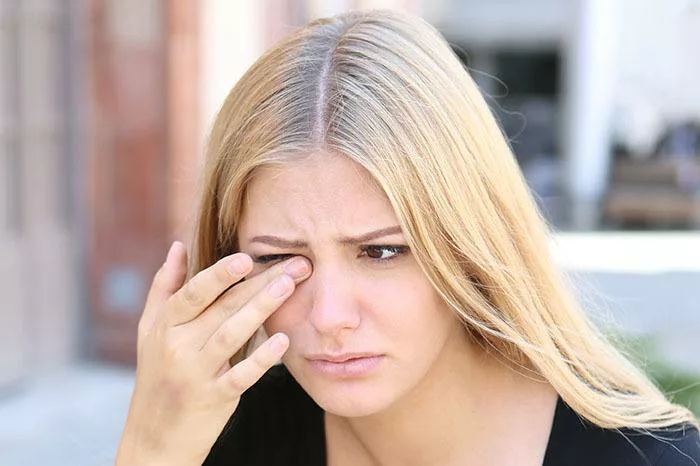
Find Relief from these Four Common Eye Issues at Home
Our ophthalmologists at NeoVision Eye Center have extensive medical and ocular surgical expertise to ensure optimal eye health for all our Union City patients. But there are a few very common eye problems that can be easily treated safely at home. Below we outline four of the most common eye problems people experience, and how you can safely treat them at home.
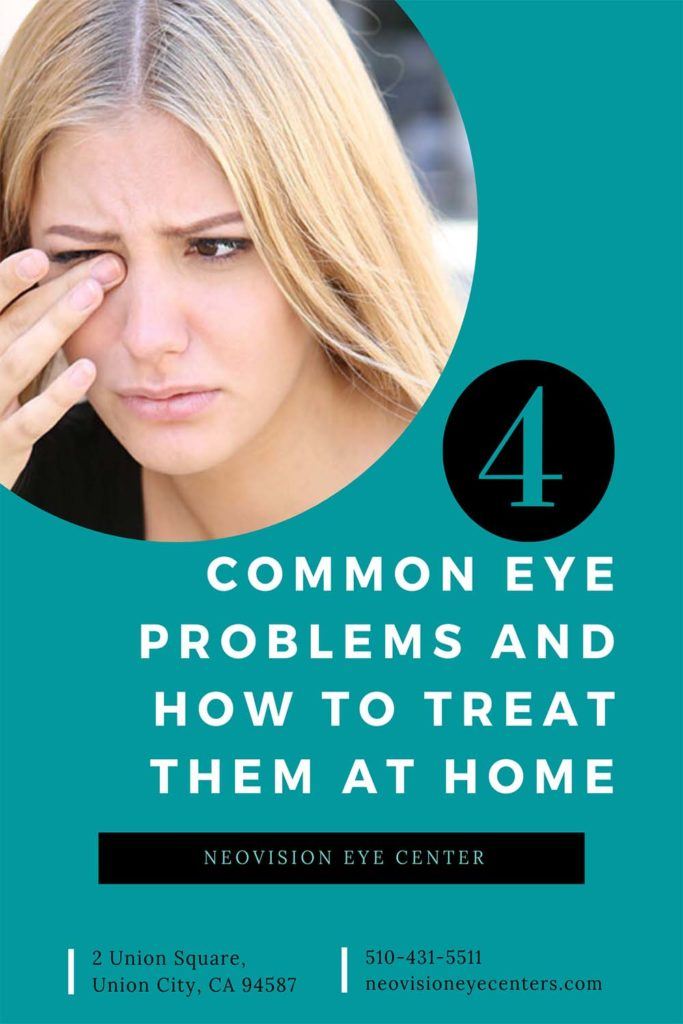
1. An Eye Stye
An eye stye – also referred to as a hordeolum – are fairly easy to self-diagnose. You will see a pink or red bump around the edge of your eyelid. A stye can be fairly painful, as well as sore when you blink.
They develop as a result of the small glands that line your eyelid getting clogged. They look like a boil or pimple that might be filled with pus. It is important to never try to pop or drain a stye. If treated properly they will usually heal on their own in a few days.
How to Treat an Eye Stye at Home
In most cases, an eye stye will heal on its own within about a week. To help relieve the pain and encourage a fast recovery, there are a couple of things you can do at home.
You can treat a stye by running a washcloth under warm water, and placing it over your eye until it cools. You can repeat the process multiple times throughout the day over several days and the heat will help open your pores and release any blockages.
When treating an eye stye at home, avoid wearing eye makeup, contact lenses, or anything else in or near your eyes. This can help reduce the chances of infection and promote optimal healing.
2. Seasonal Allergies
Seasonal allergies can leave your eyes itchy, red, watery, and just plain uncomfortable. These allergies can be caused by environmental factors or irritants in your own home. Pollen from outside can come into your home via vents, open windows, or by simply opening and closing your front door. Pet dander or mold in your home can also result in uncomfortable eye allergies.
Get Relief From Seasonal Allergy Symptoms at Home
If you are struggling with eye allergy symptoms, the best treatment is to eliminate the allergen. Avoid leaving windows open to keep as much pollen out of your home as possible. Regularly vacuum and dust to help control the amount of dander or other allergens present in your home.
Using artificial tears or other itch-relieving eye drops can temporarily reduce the symptoms of allergies. Most over-the-counter, anti-allergy eye drops can be purchased at any grocery store and can help to relieve eye allergy symptoms.
3. A Black Eye
Black eyes are most commonly caused by impact or trauma to your face. A black eye can develop after a blow near your eye or nose, and can cause visible discoloration and swelling to one or both eyes.
Nurse a Black Eye at Home
To help reduce any swelling, apply an ice pack or any frozen compress on your eye for 15 to 20 minutes. Protect your skin from freezing by wrapping your frozen compress in cloth, and taking breaks between applications.
Signs You Need Medical Aid For Black Eyes
- Long term blurred vision
- Blood in your eye
- Loss of ocular mobility
- Loss of vision
- Severe pain
All the above are signs that your retina may be detached from a head injury or trauma. Retinal detachment requires immediate medical attention to ensure you don’t experience any permanent vision loss.
4. Eye Strain
If you spend extended periods of time focused on a computer screen, television, mobile device, or other small text, your eye could be under increased strain. You could experience dry eyes, blurred vision, soreness, and sometimes headaches.
Reduce Eye Strain with these Home Techniques
The best home remedy for eye strain is to give your eyes a break. Practice the 20-20-20 rule by redirecting your focus away from your activity and towards something about twenty feet away, every twenty minutes, for at least twenty seconds.
Schedule an Eye Exam at NeoVision Eye Center in May 2020
While you can treat common eye problems at home, you don’t have to! Our entire team at NeoVision Eye Center are eager to invite you back to our Union City office starting May 4th, 2020! In the meantime please call our office with any non-emergency eye questions at 510-431-5511.
Our dedicated staff will be available to assist you with non-urgent matters as needed. If you leave a message, please provide an email address that we can contact you in a timely manner.


